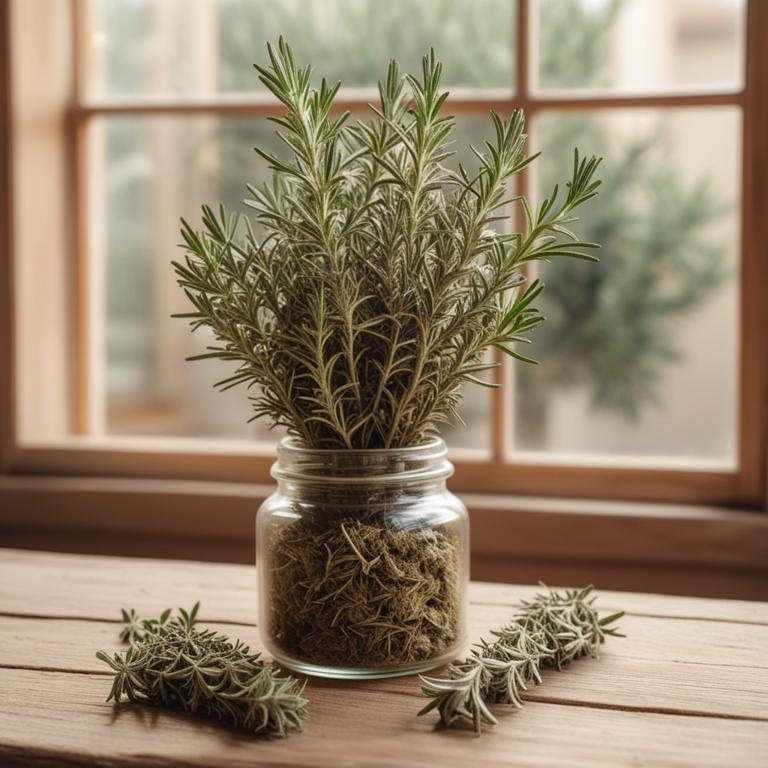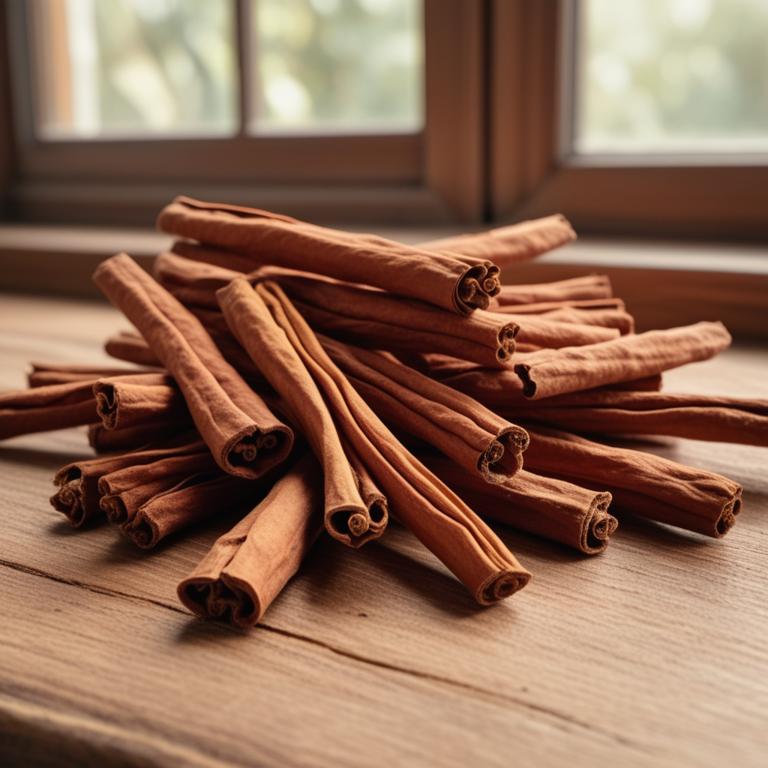Updated: Dec 1, 2024
Natural Treatments for Open Wounds: Causes, Medicinal Herbs, and Preparations

Open wounds are injuries that break the skin, allowing bacteria and other germs to enter and cause infections.
If left untreated, they can lead to serious complications, such as sepsis, and even death. Open wounds can be painful and debilitating, making it difficult to perform daily tasks and affecting your quality of life. Open wounds can be caused by accidents, injuries, surgery, or even medical procedures. They can also be a result of self-inflicted harm or neglect of wound care. Regardless of the cause, it's essential to treat open wounds properly to promote healing and prevent infection.
Herbal remedies can be a natural and effective way to aid in the healing of open wounds. Herbs such as aloe vera, calendula, and plantain have anti-inflammatory and antimicrobial properties that can help to soothe and protect the wound. These herbs can be applied topically, either in their raw form or as a tea, to promote healing and reduce the risk of infection. Aloe vera gel can be applied directly to the wound to cool and soothe it. Calendula tea can be used as a compress to promote healing and reduce swelling. Plantain tea can be used as a wash to clean and disinfect the wound.
These herbal remedies can be used in conjunction with traditional wound care to promote faster healing and reduce the risk of complications.
Table of Contents
What are the primary causes of open wounds?
The main causes of open wounds are accidents and injuries that happen suddenly.
One of the most common causes is a glass cut, which occurs when broken glass or a sharp edge of a glass object cuts the skin. This can happen when you accidentally drop a glass or it breaks in your hand. Another common cause is a sharp metal injury, which can happen when you touch a sharp edge of a metal object, like a broken bottle cap or a sharp screw. This can also happen when you get caught in a machinery or a sharp tool.
A broken bottle is a common cause of open wounds, especially when you're not careful while walking on the street. The sharp edges of a broken bottle can easily cut your skin, especially if you're not wearing shoes. A thorn prick is another common cause of open wounds, which happens when you get a thorn from a plant stuck in your skin. This can happen when you're gardening or walking in the woods. A knife cut is also a common cause of open wounds, which happens when you accidentally get cut by a sharp knife while cooking or cutting something.
Lastly, a broken glass can also cause an open wound, especially if you accidentally step on it or get cut by its sharp edge.
What benefits can herbs provide for open wounds?
Using herbs to treat open wounds can be very helpful.
One of the main benefits is that they can help prevent infection. Herbs have antibacterial properties, which means they can kill bad bacteria that can cause infections. This is especially important when you have a deep cut or a wound that's not healing quickly. By using herbs, you can reduce the risk of getting an infection, which can lead to more serious problems like abscesses or even sepsis. Another benefit of using herbs for open wounds is that they can promote healing. Some herbs have anti-inflammatory properties, which can reduce swelling and pain. This can make it easier to care for your wound and keep it clean. Herbs can also stimulate blood flow, which brings oxygen and nutrients to the affected area.
This can help your body heal the wound faster. Some herbs can also help to stop bleeding. They can constrict blood vessels, which reduces blood flow to the wound. This can be especially helpful if you have a wound that's bleeding a lot. Additionally, some herbs can help to clean the wound by drawing out dirt and debris. This can make it easier to keep the wound clean and promote healing. It's also worth noting that using herbs for open wounds can be a natural and gentle way to treat wounds. Some herbs are gentle on the skin and won't irritate it, which can be especially helpful if you have sensitive skin.
This can make it easier to care for your wound and promote healing without causing any discomfort or pain.
What are the primary herbal treatments for open wounds?

When it comes to treating open wounds, herbs can be a great natural alternative to traditional medications.
One of the most effective herbs for wound healing is Calendula officinalis, also known as marigold. Its leaves and flowers contain anti-inflammatory compounds that help reduce swelling and prevent infection. Calendula also promotes tissue growth and wound closure by stimulating the production of collagen, a protein essential for skin repair. Another herb that's often used to treat wounds is Hypericum perforatum, or St. John's Wort. It has antiseptic and antiviral properties that help prevent bacterial and viral infections, which can slow down the healing process. By applying a salve or cream made from St. John's Wort to the wound, you can reduce the risk of infection and promote a safe environment for healing. Aloe barbadensis, or aloe vera, is another popular herb used to treat wounds.
Its gel has anti-inflammatory and soothing properties that can help calm the skin and reduce redness. Aloe vera also promotes tissue growth and wound closure by stimulating the production of collagen and other essential proteins. Echinacea purpurea, or coneflower, is an herb that's often used to boost the immune system and fight off infections. By applying a tincture or salve made from coneflower to the wound, you can help stimulate the immune system and prevent infection. Melaleuca alternifolia, or tea tree oil, is another herb that's often used to treat wounds. It has strong antiseptic and antibacterial properties that can help prevent infection and promote a safe environment for healing. However, it's essential to use tea tree oil in moderation, as it can be quite potent and may cause irritation if used in excess. When using these herbs to treat open wounds, it's essential to remember that they should be used in conjunction with proper wound care, such as keeping the wound clean and covered.
Always consult with a healthcare professional before using any new herbs or treatments, especially if you have a severe wound or are prone to infection.
Which herbal preparations are most commonly employed for open wounds?

When it comes to treating open wounds, herbal preparations can be a great option.
A decoction, made by steeping herbs in hot water, can be used as a wash to clean the wound and prevent infection. This helps to promote healing and reduce the risk of complications. An ointment, which is a thick paste made from herbs, can be applied directly to the wound to provide a protective barrier and encourage healing. It can also help to soothe any pain or discomfort.
A salve, similar to an ointment, is often used to treat specific types of wounds, like cuts or scrapes. It's usually made with more concentrated herbs, which can help to speed up the healing process. Drinking herbal tea can also be beneficial when you have an open wound. The antioxidants and other nutrients in the tea can help to boost your immune system, which can fight off any infection and support the healing process. Herbal tinctures, which are concentrated liquid extracts of herbs, can be added to a bandage or dressing to provide an extra dose of healing properties directly to the wound.
They can also be used to create a spray that can be applied to the wound to help promote healing and prevent infection.
Additional Resources:
Are there any herbs that are contraindicated with open wounds?
If you have open wounds, it's essential to be careful with certain herbs.
Sanguinaria canadensis, also known as bloodroot, contains a chemical that can slow down blood clotting, which is the last thing you want when your body is trying to heal a wound. If you use this herb on an open wound, it can lead to excessive bleeding and delay the healing process. Taxus baccata, or yew, is another herb to avoid. It contains a toxic chemical called taxine, which is highly poisonous and can cause serious harm if ingested or applied to an open wound. This can lead to vomiting, seizures, and even death, so it's crucial to steer clear of it. Podophyllum peltatum, or mayapple, is a plant that contains a chemical called podophyllotoxin, which can be toxic if ingested or used on an open wound.
It can cause nausea, vomiting, and diarrhea, and can even lead to more severe problems like kidney damage and liver failure. Cinchona officinalis, or cinchona, is a plant that's commonly used to treat fever and malaria. However, if you have an open wound, you should avoid using it. The chemicals in cinchona can interact with other substances and cause bleeding or other complications. Digitalis purpurea, or foxglove, is another herb to watch out for. It contains a chemical called digoxin, which can be toxic if ingested or applied to an open wound.
If you use digitalis on an open wound, you can experience nausea, vomiting, and even heart problems.
FAQ
Are there any specific herbs that can prevent open wounds?
Aloe vera is often used to help heal open wounds.
Its gel-like substance has anti-inflammatory properties that can reduce swelling and promote new tissue growth. It also has antimicrobial properties that can prevent infections from forming.
Some people use tea tree oil to help clean and disinfect wounds, but use it with caution as it can be harsh on skin.
Is it safe to use herbal remedies for open wounds during pregnancy?
It's generally not a good idea to use herbal remedies for open wounds during pregnancy.
Some herbs can slow healing or interact with other medicines you might be taking. This could make your wound heal slower than it should, or even make it worse.
It's better to stick with medical treatments your body is used to.
Are there any herbs that can reduce the frequency of open wounds?
Some herbs, like aloe vera and plantain, have natural properties that might help reduce the frequency of open wounds.
Aloe vera has anti-inflammatory properties that can soothe and protect the skin, while plantain can help stop bleeding.
These herbs may promote healing and reduce the risk of infection in minor cuts and scrapes.
Can i combine different herbal remedies for open wounds?
You can combine different herbal remedies for open wounds, but be cautious and do it correctly.
Some herbs like aloe vera and tea tree oil have antiseptic and antibacterial properties that can help heal wounds.
However, mixing herbs can have unpredictable effects, so use small amounts and start with one remedy before adding another.
Related Articles
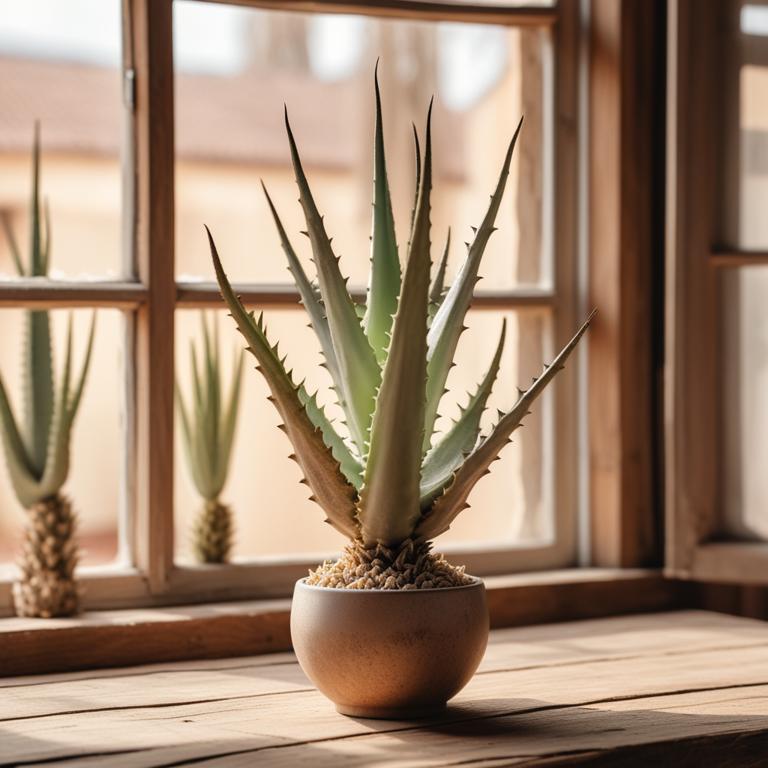
Causes and Remedies of Burning Feet: Medicinal Herbs and Herbal Preparations
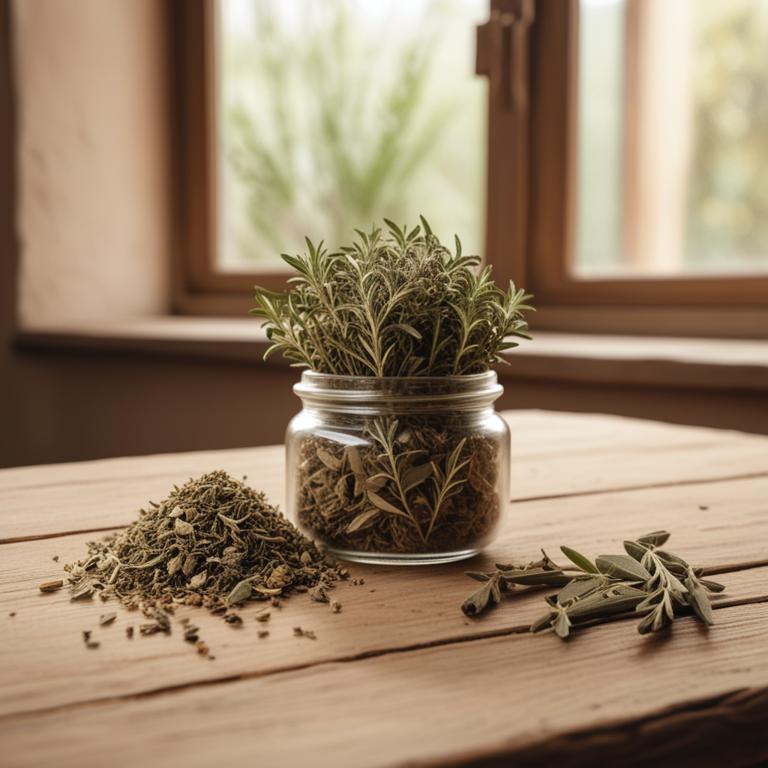
Grey Hair Causes, Treatment, and Medicinal Herbal Preparations

The Causes and Effects of Stye: Medicinal Herbs and Herbal Preparations for Relief
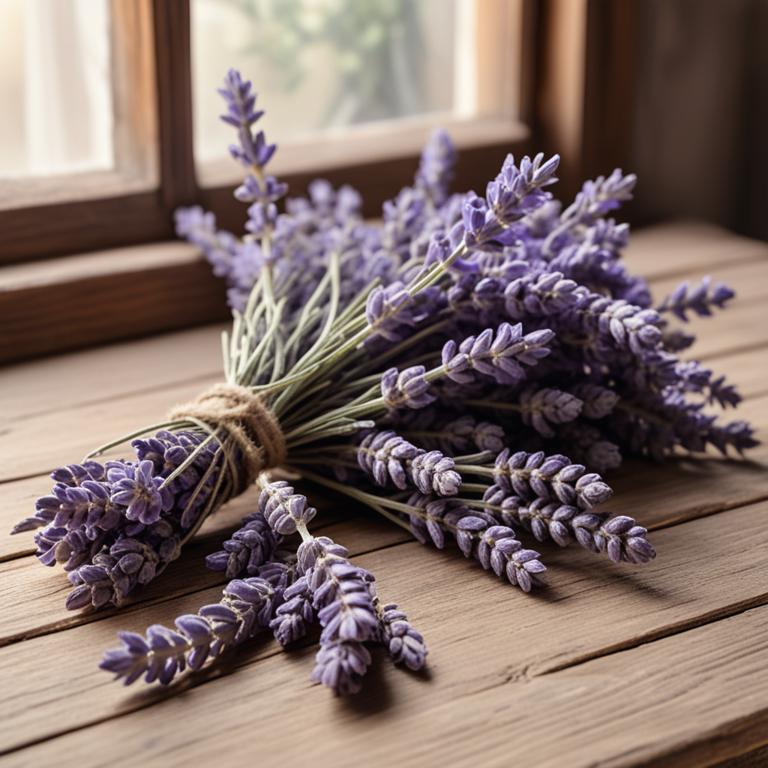
Natural Remedies for Foot Odor Using Medicinal Herbs

Cracked Heels: Causes, Symptoms and Treatment with Medicinal Herbs and Herbal Remedies
